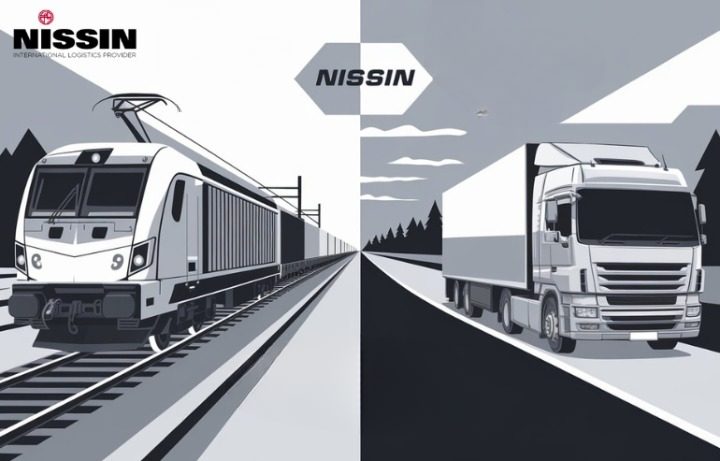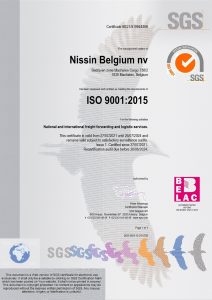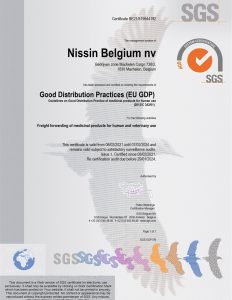The Advantages of Rail vs Truck Shipping
Choosing between rail vs truck shipping is an important decision for businesses aiming to balance costs, delivery timelines, and environmental priorities. Both methods have distinct strengths, and the choice often depends on shipment size, distance, and industry needs.
This blog breaks down the benefits of rail and truck shipping, exploring how businesses, including the automotive industry logistics, can optimize their transportation strategies.
Rail Freight: Large-Scale Shipping Simplified
For businesses moving significant volumes over long distances, rail freight advantages are significant. Trains are reliable for handling heavy loads, such as raw materials like coal, metals, and automotive components, while maintaining steady delivery schedules.
Additionally, rail freight often leads to cost savings. With lower fuel consumption and reduced labor needs compared to trucks, rail offers a practical solution for transporting high volumes.
Why Trucks Lead in Flexibility
When it comes to flexibility, trucks surpass other transportation modes. Trucks provide door-to-door service, making sure goods reach destinations that rail networks cannot. This makes truck shipping a reliable option for short-haul deliveries or remote locations.
For industries like the automotive industry logistics, trucks are essential. From transporting car parts to assembly plants to delivering finished vehicles to dealerships, trucks offer precision and speed. Modern tracking systems and optimized routes further improve a key part of supply chains.
Rail vs Truck Shipping: Speed and Delivery Times
Time-sensitive shipments often dictate the choice between rail and truck shipping efficiency. Trucks are faster for short distances due to their ability to take direct routes and avoid the fixed schedules of trains. This makes them ideal for urgent deliveries or perishable goods.
On the other hand, rail freight excels for predictable long-distance deliveries. While slower than trucks for short hauls, trains make up for it by moving bulk shipments over vast distances with fewer delays.
Moreover, freight forwarders often recommend combining both modes; using rail for long legs and trucks for final-mile delivery.
Cost Dynamics: Which Option Saves More?
Rail shipping is typically more economical for bulk goods traveling long distances due to its fuel efficiency and high capacity. This makes it a preferred option for businesses shipping heavy products.
In contrast, truck shipping offers better value for smaller, time-sensitive loads. A freight forwarding company can assist in selecting the right combination of rail and truck services, optimizing cost management while meeting delivery schedules.
Safety and Security Considerations
Rail freight is often seen as the safer option for transporting valuable or hazardous goods. The controlled environment of rail systems reduces risks associated with theft or accidents, making it a secure choice for bulk shipments.
However, truck shipping offers greater control over routes and schedules, which can be essential for sensitive cargo. Freight forwarders work closely with businesses to address security concerns, helping shipments arrive safely regardless of the mode used.
Nissin Belgium Services: The Best of Both Worlds
Nissin Belgium offers specialized logistics solutions that combine road shipping and rail freight. With extensive experience in automotive industry logistics, we provide reliable services for diverse transportation needs. Below are the standout features of Nissin Belgium:
Integrated Logistics Solutions: Combines rail and truck shipping to optimize transit times and reduce costs. This integration offers flexibility and cost-efficiency for all types of shipments.
Expertise in Automotive Logistics: Specializes in transporting automotive parts and finished vehicles with high precision. We understand the industry’s unique demands and deliver reliable solutions.
Strategic European Connections: Connect businesses to key logistics hubs across Europe, expanding freight coverage. This network allows better access to major markets and distribution points.
Sustainability-Focused Transport: Provides eco-friendly shipping options, including the benefits of rail freight. As such, it helps reduce carbon emissions and allows businesses to meet sustainability goals.
Customized Shipping Strategies: Develop solutions based on specific cargo needs, promoting smooth operations. Each shipment is handled according to its unique requirements.
Comprehensive Freight Forwarding Services: Offers complete logistics support as a leading freight forwarding company in Belgium. From planning to execution, we handle every aspect of your shipping needs.
Intermodal Shipping: A Smart Combination
Many businesses are now adopting intermodal shipping, combining rail and truck services for optimal performance. By utilizing the strengths of each mode, companies can reduce costs, improve delivery times, and lower environmental impact.
For instance, freight forwarders in Belgium often use rail for long-distance bulk transportation and trucks for flexible last-mile delivery. This hybrid approach is particularly beneficial for industries like manufacturing and retail, where balancing speed and cost is essential.
Final Thoughts
Deciding between rail and truck shipping is key to optimizing your logistics. Rail freight offers cost savings and sustainability for bulk shipments, while truck shipping provides flexibility and speed for smaller loads. With Nissin Belgium, businesses can tap into logistics strategies that integrate both methods for the best outcomes.
Contact us today to learn how our road shipping solutions can improve your supply chain. Reach us at +32 2 751 44 99 or write to HowCanIHelpYou@be.nissin-eu.com for more information on our services.






